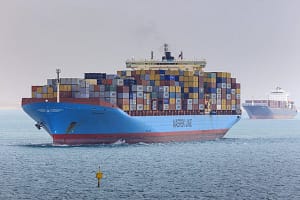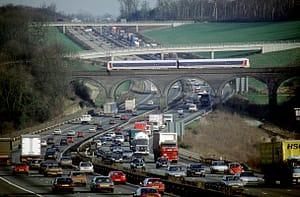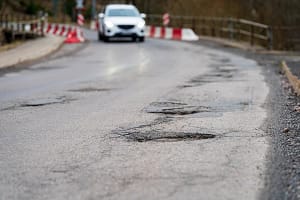With a recent report finding the policy could cost taxpayers £40 billion by 2028, the London-based accountants warn that small businesses, and low-income individuals, will be most impacted.
The report, issued by thinktank, The Resolution Foundation, predicted the freeze would lead to the country’s largest tax rise in 50 years.
This comes after the Government pledged no rise in National Insurance or income tax thresholds until 2028, two years longer than originally planned, in the 2022/23 financial year.
Consumers feeling the impact
With no change in personal tax thresholds, wages continue to rise in line with steep inflation. As many workers secure pay rises to mitigate the growing cost of living, the freeze has seen many people pulled into higher tax brackets.
Peter McMahon, Tax Partner at Grunberg & Co, commented on the impact on individuals and small businesses: “The reality is that many workers are now feeling the pinch due to this freeze, with many middle-earners, who previously on paid the basic rate of tax or perhaps the higher rate now being dragged into higher bands as their wages rise.
“in turn, Small and medium businesses are feeling the pinch from these higher wages and operations costs. In these times, we are looking to minimise the risk of higher taxes borne by businesses and individuals, but the tax freeze has made this more challenging.”
Mitigating loss of income
In practice, the threshold freeze, combined with the increased cost of living, represents a loss of net income for taxpayers. The figure put forward by The Resolution Foundation reveals an urgent need for individuals to seek tax advice.
Peter continued: “There are a number of ways that individuals can make themselves more tax efficient. Of course, we recommend that people and businesses seek professional advice, but we recognise that this isn’t always financially viable.
“The most effective way is to make pension contributions, particularly given the vast amount of people not saving enough for retirement. Gift Aid donations are another option, especially in cases where income fluctuates year on year and careful planning can result in significant savings.
“Business owners should be looking at alternative ways of saving and ensuring that they receive the support they’re entitled to – whether that be grant funding, tax benefits or assistance in finding and retaining staff.
“This will help protect the business’s financial health and ensure it continues to thrive in these times.”
As for hope for change in the future, Peter added: “With the general election and everything else that is going on the tax freeze needs to be readdressed, especially with inflation soaring as it has done.
“This is, of course, a double-edged sword with the need for the tax take to be where it should be and for the Government to continue to pay down borrowing in light of the ongoing payments required as a result of COVID lockdown support and subsequent challenging economic conditions.”






Leave a Comment